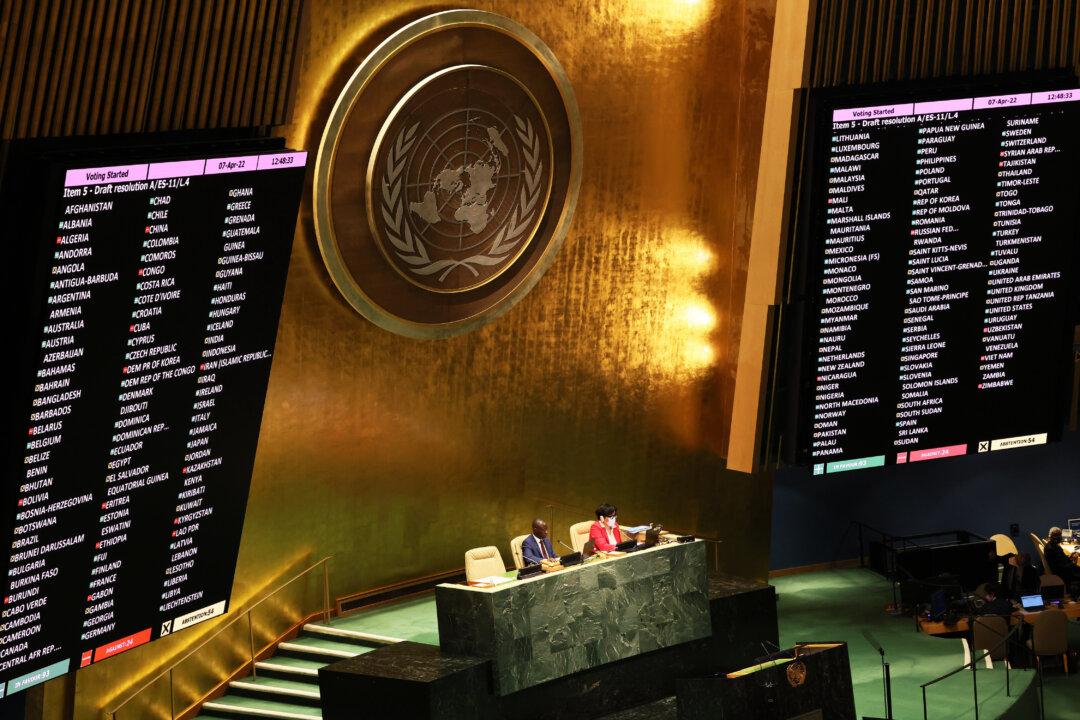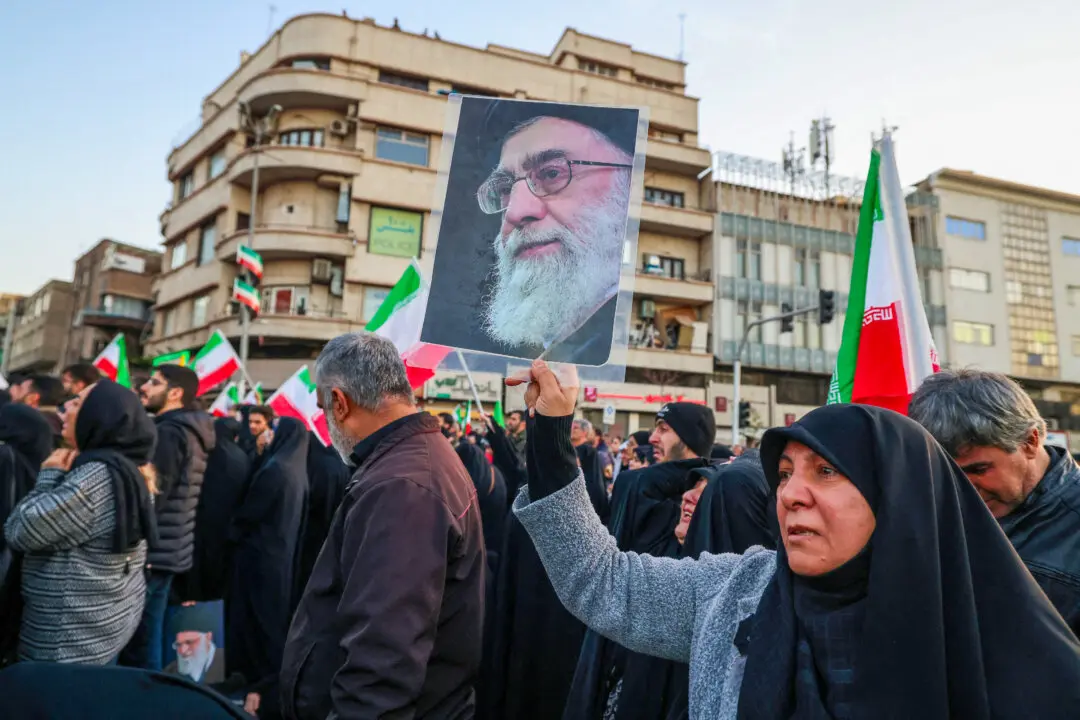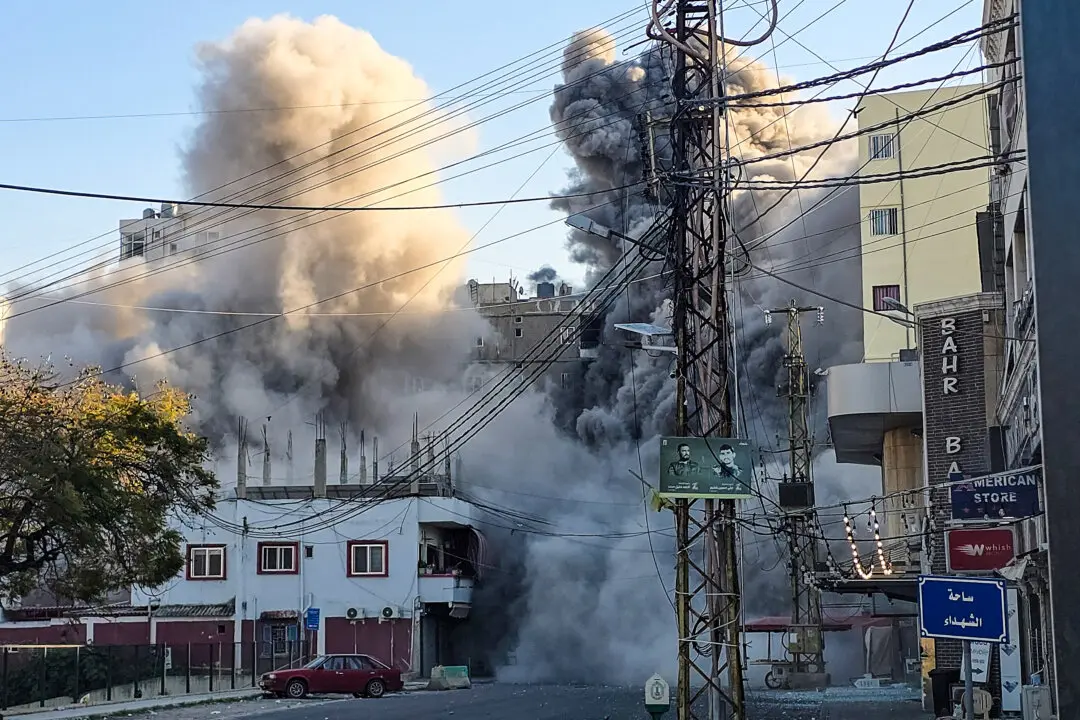The United Nations on Thursday voted to suspend Russia from the U.N. Human Rights Council following reports alleging Russian forces carried out war crimes in recent days. Later, a Russian official announced that the country would quit the Council.
Ninety-three countries voted in favor of booting Russia from the Council, while 24 voted against it and 58 abstained from voting. China, Iran, Syria, and Belarus were among those who voted against the measure.





